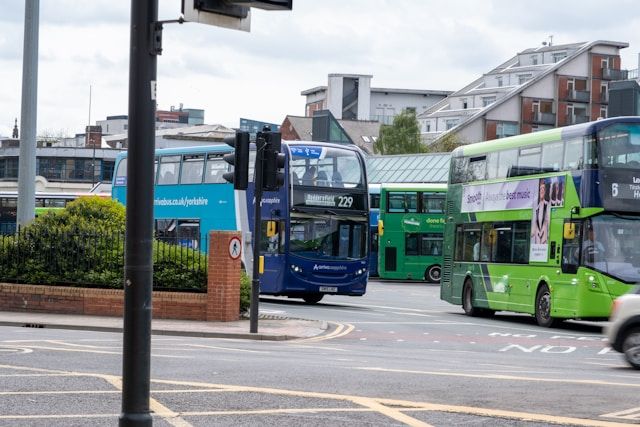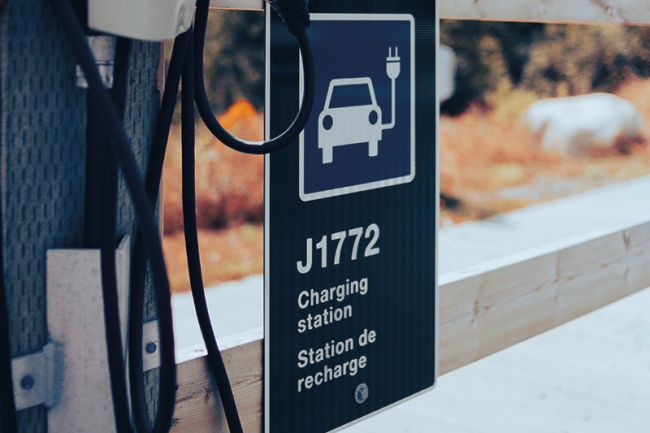Integration of ESG Criteria in Railway Development: A Commitment to the Energy Transition
In a global context marked by the urgent need to address climate change and promote more sustainable development models, transport has become a key sector for action.

In a global context marked by the urgent need to address climate change and promote more sustainable development models, transport has become a key sector for action. Beyond its role in facilitating mobility and trade, decisions regarding transport infrastructure have direct effects on land use, air quality, territorial equity, and energy security. For this reason, an increasing number of countries are incorporating Environmental, Social and Governance (ESG) criteria into the planning, execution, and monitoring of transport projects.
These criteria ensure that investments respond not only to economic objectives, but also to climate commitments, community rights, and transparency standards. The adoption of ESG frameworks, in addition to representing a global trend driven by financial institutions and governments, has become a practical tool to improve the quality, relevance, and sustainability of projects.
Within this framework, the energy transition—understood as the shift towards cleaner, more efficient, and fairer energy systems—emerges as a cross-cutting process that directly influences the design of transport policies and investments. Changing the way people and goods move is essential to reducing greenhouse gas emissions and progressing towards a low-carbon economy. In this regard, the development of more sustainable modes of transport, such as rail, has become a priority.
Due to its energy efficiency, lower environmental impact, and ability to structurally connect regions, the railway mode represents a strategic alternative to advance the energy transition within the transport sector. Revitalising and expanding Colombia’s rail system, as part of a multimodal network, is an opportunity to move towards a cleaner, more accessible model of mobility that is aligned with territorial needs.
However, to make this transformation a reality, it is essential to have regulatory and institutional frameworks that enable the development of railway projects under ESG standards.
Against this backdrop, Steer, in partnership with Durán & Osorio and CrossRail, is conducting a study for the World Bank and the Ministry of Transport. The study aims to assess the extent to which current regulations, procedures and institutional capacities enable the incorporation of ESG principles from the early stages of railway projects and throughout their life cycle, while identifying areas that can be strengthened to support the planning, financing and implementation of railway projects aligned with the energy transition. This initiative forms part of a long-term vision to modernise Colombia’s railway system and contribute to national objectives on decarbonisation, regional development, and institutional governance, in line with international best practices and global commitments.
Through this study, Steer reaffirms its commitment to transport transformation, recognising that the integration of ESG principles is not only a requirement, but also an opportunity to create value in local territories and improve people’s quality of life. This work reflects the company’s interest in exploring new markets and approaches that place sustainability at the core, responding to the structural changes demanded by countries worldwide.
Aligned with this purpose, Steer has the technical capacity to lead such processes, actively embracing the challenge of contributing to more equitable, efficient, and environmentally responsible development.













